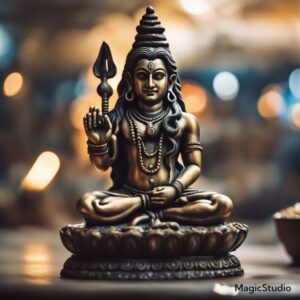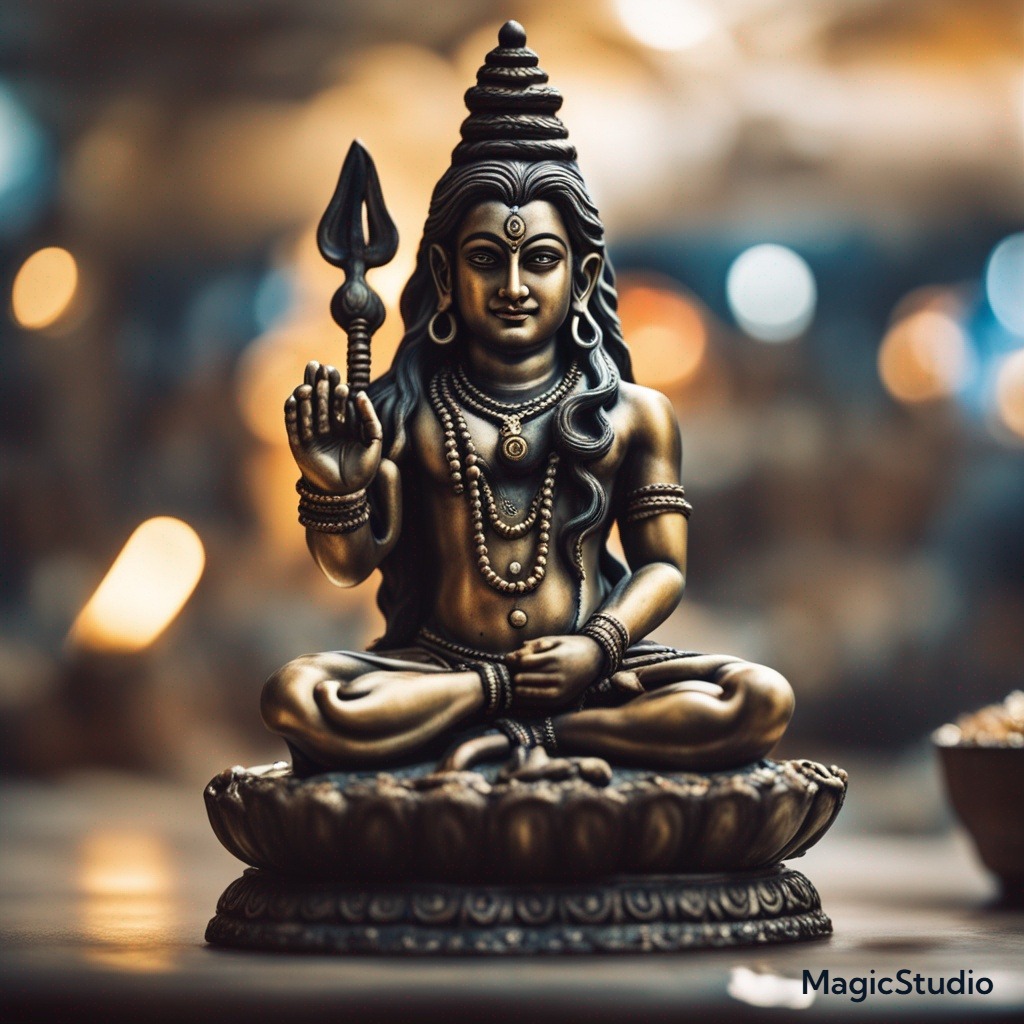The Purpose of Meditation: A Journey to Inner Peace
In a bustling city, amidst the cacophony of daily life, lived a young woman named Maya. She was a talented graphic designer who thrived on creativity but often felt overwhelmed by the relentless pace of her work and personal life. Despite her achievements, Maya experienced frequent anxiety and restlessness. One day, a friend introduced her to meditation, suggesting it might help her find balance and tranquility. Intrigued but skeptical, Maya decided to give it a try.
Discovering Calm Through Mindfulness
Maya’s first encounter with meditation was through a guided session that focused on mindfulness. The practice involved sitting comfortably, closing her eyes, and directing her attention to her breath. Initially, her mind was a whirlwind of thoughts, worries, and distractions. However, as the days passed, Maya began to notice subtle changes. She found that she could return her focus to her breath more easily and felt a growing sense of calm.
The purpose of meditation is multifaceted, rooted in both ancient traditions and modern science. At its core, meditation serves as a tool for achieving mental clarity and emotional stability. According to numerous studies, meditation can reduce stress by lowering cortisol levels, which in turn can alleviate symptoms of anxiety and depression. For Maya, the practice began to serve this exact purpose, offering a reprieve from the chaotic rhythm of her life.
Enhancing Self-Awareness and Personal Growth
In addition to stress reduction, meditation enhances self-awareness and personal growth. By turning inward and observing her thoughts and feelings without judgment, Maya started to understand her own mental patterns and emotional responses better. This increased self-awareness allowed her to approach her work and relationships with greater empathy and patience.
Meditation also fosters a deeper connection to one’s inner self and the present moment. The practice encourages living in the now rather than being preoccupied with past regrets or future anxieties. Maya experienced this firsthand as she became more attuned to her surroundings and more appreciative of life’s simple pleasures.
Promoting Physical Well-Being
Furthermore, meditation promotes physical well-being. It has been shown to improve concentration, increase immunity, and even enhance sleep quality. Maya found that her focus and creativity improved, and she felt more rested, contributing to her overall sense of well-being.
As Maya continued her meditation practice, she discovered a profound sense of inner peace. The tool that once seemed foreign became an integral part of her life. Meditation provided her with a sanctuary amidst the noise, a way to reconnect with herself, and a path to managing life’s stresses with greater ease. Through her journey, Maya learned that the purpose of meditation is not just a fleeting escape from life’s challenges but a means to cultivate enduring inner peace and self-understanding.








